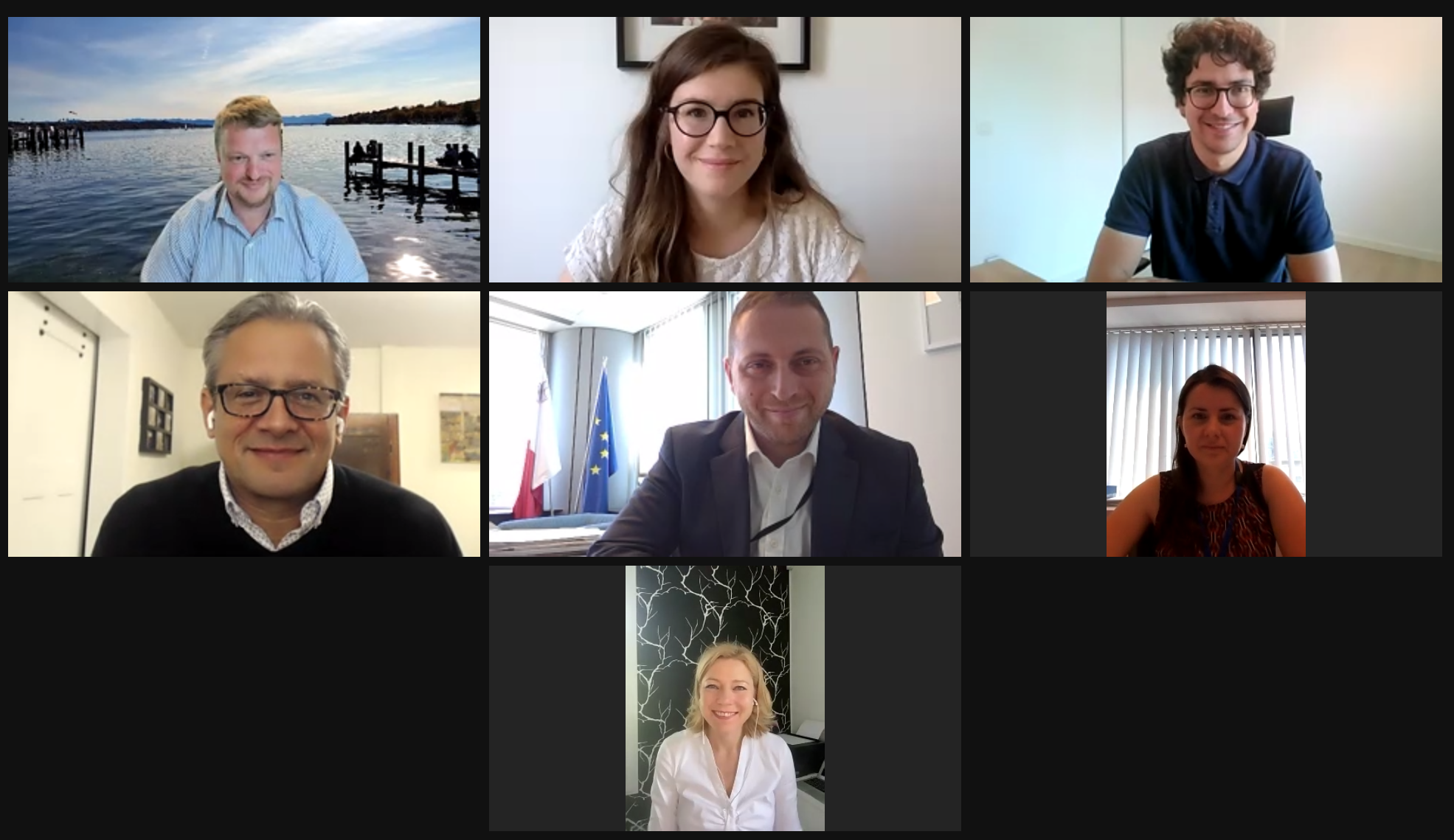Digital Services Act: Where Are We and Where Do We Go?

On Wednesday, June 16, SME Connect organized a webinar on the Digital Services Act: where are we and where do we go? to gather an expert panel of institutional actors, policy-makers, industry stakeholders and SME representatives to discuss the latest status of the DSA and exchange opinions and perspectives to create a European blueprint of regulatory framework fit for the digital age.
Moderated by DR. Horst Heitz, Chair of the Steering Committee, SME Connect, the virtual meeting saw high-level speakers such as Alex Agius Saliba MEP, IMCO Committee, Former IMCO Rapporteur on the DSA, Co-Chair SME Connect Working Group Platform Economy; Henna Virkkunen MEP, ITRE & AIDA Special Committee, Co-Chair of the SME Circle in the European Parliament, ITRE Committee Rapporteur on the DSA, Co-Chair SME Connect Working Group Platform Economy; Justyna Romanowska, Councillor for Telecom and Information, Permanent Representation of Poland to the EU; Mike Sax, Founder & Chairman, App Association; Fabian Fechner, Deputy Head of Brussels Office, Handelsverband Deutschland HDE; Manon Tabaczynsky, Senior Policy Officer, Allied for Startups.
In his general overview, Alex Agius Saliba MEP stated that the DSA concerns consumer protection, fundamental rights, trust and fairness. It seeks to modernize rules for platforms, content moderation and consumer protection. “We are laying down the rules for the future of the internet,” he remarked.
Henna Virkkunen MEP highlighted the importance of the DSA in our digitalized society: its scope encompasses from large social media platforms, to small online stores and everything in between. Besides better consumer protection and fundamental rights, it has to establish a powerful transparency and accountability framework for online platforms and lead to fairer and more open digital markets. Another goal is to overcome fragmentation and achieve the Digital Single Market.
Justyna Romanowska believes the proposal itself to be in good shape at this point. Though, enforcement and enforceability are still very important topics to discuss. She also stated: “We all wish for an integrated regulation but, for certain provisions, Member States will need to draft national laws”.
Mike Sax also reflected positively of the DSA, as it would offer clarification on the responsibilities for online platforms and other intermediary services, together with the legal certainty that will allow entrepreneurs the stability to know which investments they can make in developing products. However Mike believes that in the IMCO Report, proportionality should be broached again.
On behalf of HDE, Fabian Fechner remarked the necessity to consider the impact that platform requirements might have on the traders that are selling those platforms. Also, their main concern is competition from less-regulated third countries, as “These regulations apply to EU SMEs from day one which could inhibit their growth.”
Lastly, Allied for Startups and Manon Tabaczynsky shared three main concerns: proportionality, liability and the country of origin principle. “As it stands, the IMCO Draft Report doesn’t incentivize innovators; it only reinforces already strong players.”